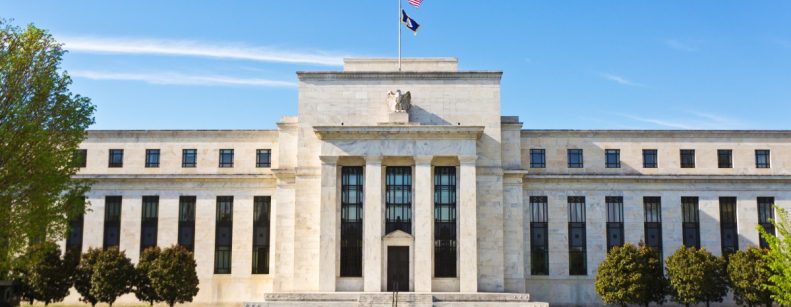Overall, Powell's comments were just what the market wanted: nothing too hawkish and nothing too dovish. Powell did not provide an explicit signal of gradual tapering, as he probably wants to see more jobs reports for cumulative evidence that "further substantial progress" is being made in the labor market, while dismissing higher inflation as transitory.
- Fed Chairman Powell did not provide any explicit signal that the Fed was about to taper its asset purchases; consequently, he also revealed nothing about the timing or modalities of the process.
- Like many other Fed officials, Powell suggested that the threshold of "further substantial progress" on inflation had been reached, although there was still a long way to go to reach peak employment, although there had been clear progress and in line with the July meeting minutes. Powell said that, despite the challenges, the U.S. economy was on track for a pre-pandemic labor market; indeed, since July there has been further progress on employment, although he also noted the further spread of the Delta variant, and he would be carefully assessing incoming data and evolving risks.
- On inflation, Powell argued that current levels were cause for concern, although with substantial slack in the labor market and the continuing pandemic, responding to temporary fluctuations in inflation may do more harm than good, adding that there was little evidence of wage increases which could threaten excessive inflation. Powell also argued that there was little reason to think that underlying disinflationary factors have suddenly reversed and are likely to continue to weigh on inflation.
- Powell's comments were largely as expected and, tactically, have given the Fed more time to shape its tapering view. Next week's jobs report comes ahead of the September FOMC, where many expect a "tapering hint"; The Fed may see two more jobs reports before the November meeting, giving it three jobs reports before it can decide when to taper, which would still be consistent with market expectations of the announcement in the fourth quarter, with a possible start at the end of the year or beginning of next year.
The bottom line is that Powell is more focused on the labor market than on inflation, does not seem to be overly concerned about the pandemic, although he points to risks that could threaten growth, and probably wants to see more cumulative evidence that the labor market is moving toward the threshold of "further substantial progress."
A final thought... All the focus is on the normalization of the Fed's balance sheet, but we see little emphasis on the fact that the policy rate path remains quite benign, unless of course we are wrong about the transience of higher inflation. It is one thing for monetary policy to begin a process of "tapering" of unconventional monetary stimulus and quite another for it to become outright "tightening".
